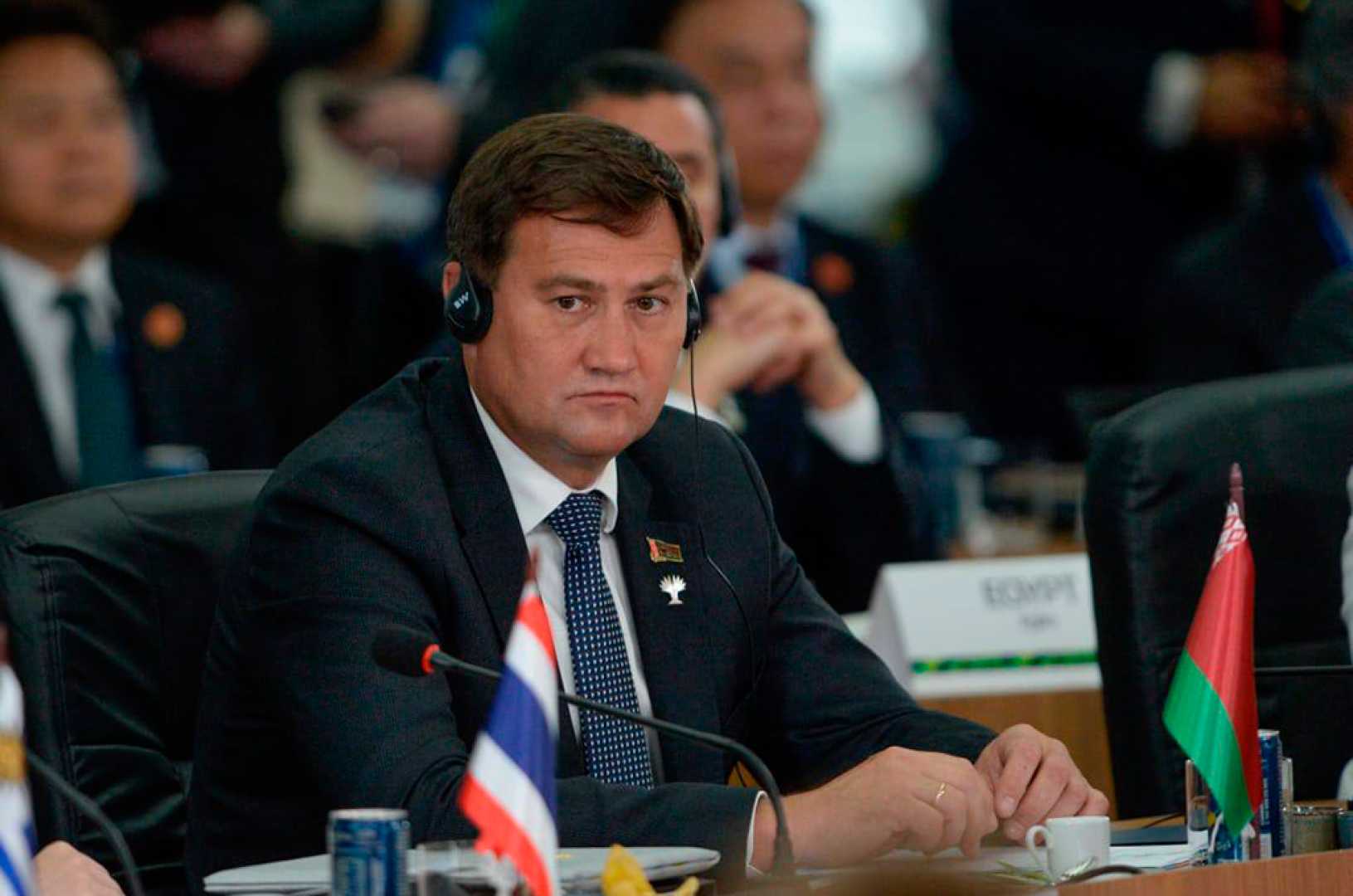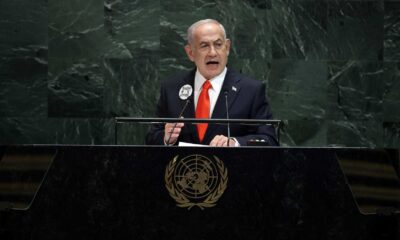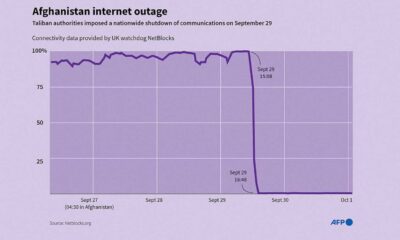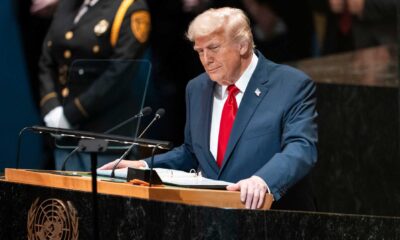World
Belarusian Foreign Minister Addresses BRICS Summit in Rio de Janeiro

RIO DE JANEIRO, Brazil — Belarusian Foreign Minister Maxim Ryzhenkov is in Brazil for the 17th BRICS Summit, representing his country on behalf of the Head of State. Ryzhenkov’s speech focused on the crucial topics of environment, COP-30, and global health during a session attended by heads of state and government.
He emphasized the dangers of economic sanctions and unilateral coercive measures, stating that such actions pose significant threats to public health, especially in light of the ongoing challenges posed by epidemics and climate change.
Ryzhenkov also met with Russian Foreign Minister Sergey Lavrov to discuss coordination among foreign ministries within the UN, BRICS, and the Shanghai Cooperation Organization (SCO). The focus was on enhancing bilateral political cooperation.
In talks with Ugandan Vice President Jessica Rose Alupo, Ryzhenkov reviewed the outcomes of agreements made during the earlier visit of the Belarusian Prime Minister to Uganda. Discussions highlighted cooperation in various sectors, including energy and food security.
The two sides arranged for Alupo to visit Belarus to further discuss agricultural mechanization and food product supplies.
On the summit’s sidelines, Ryzhenkov held meetings with UAE Minister of State Ahmed Al Sayegh and Vietnam‘s Prime Minister Pham Minh Chinh. They explored the implementation of intergovernmental agreements previously reached.
In an interview with Brazilian outlets “O Mundo Diplomático” and “Brasília in Foco,” Ryzhenkov expressed Belarus’s eagerness to become a full member of BRICS and its primary structures, including the New Development Bank. He noted the potential for economic growth through diversification of Belarusian exports tailored to Brazil’s market needs.
BRICS, established in 2006 with Brazil, Russia, India, and China, has expanded to include South Africa and aims to represent the interests of developing nations globally. This summit attracted representatives from 11 member countries and several invited states, moving toward resilience amid geopolitical shifts.












